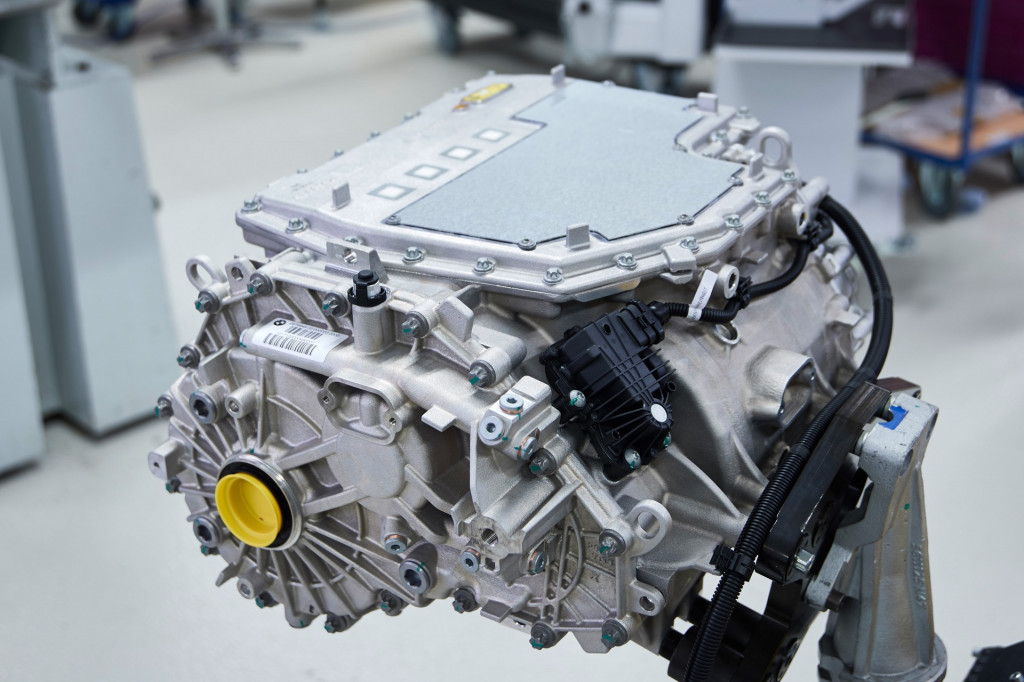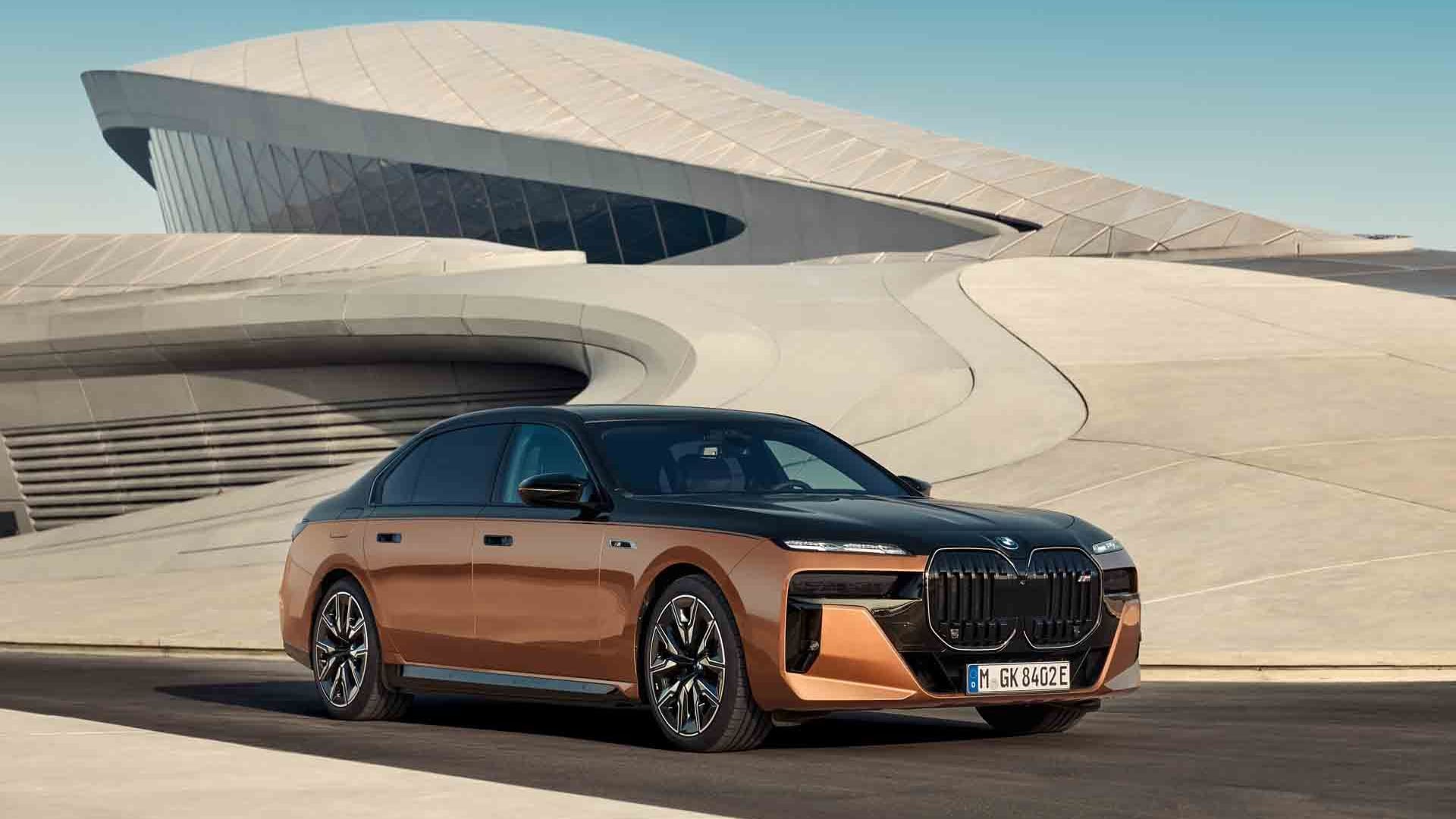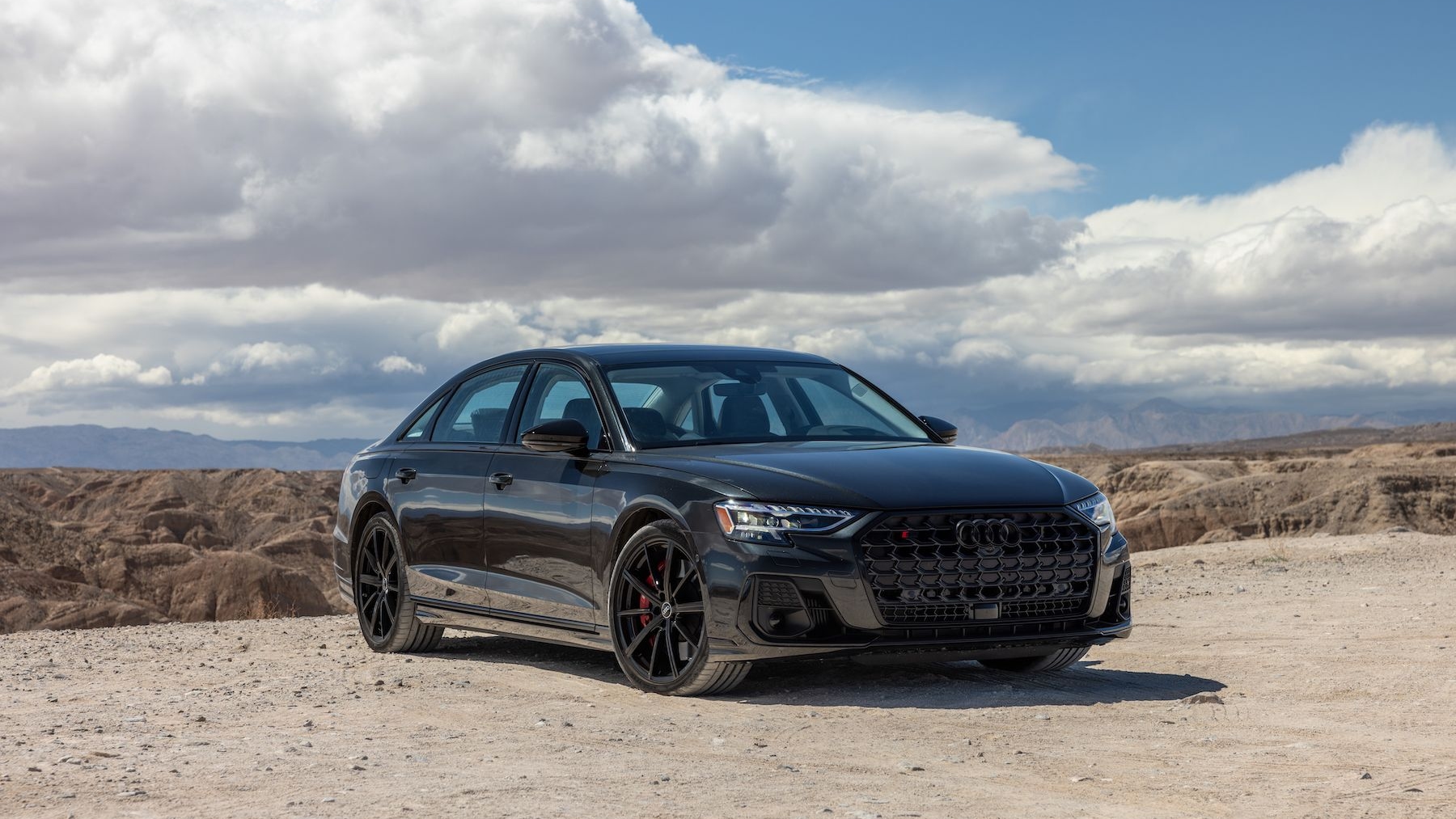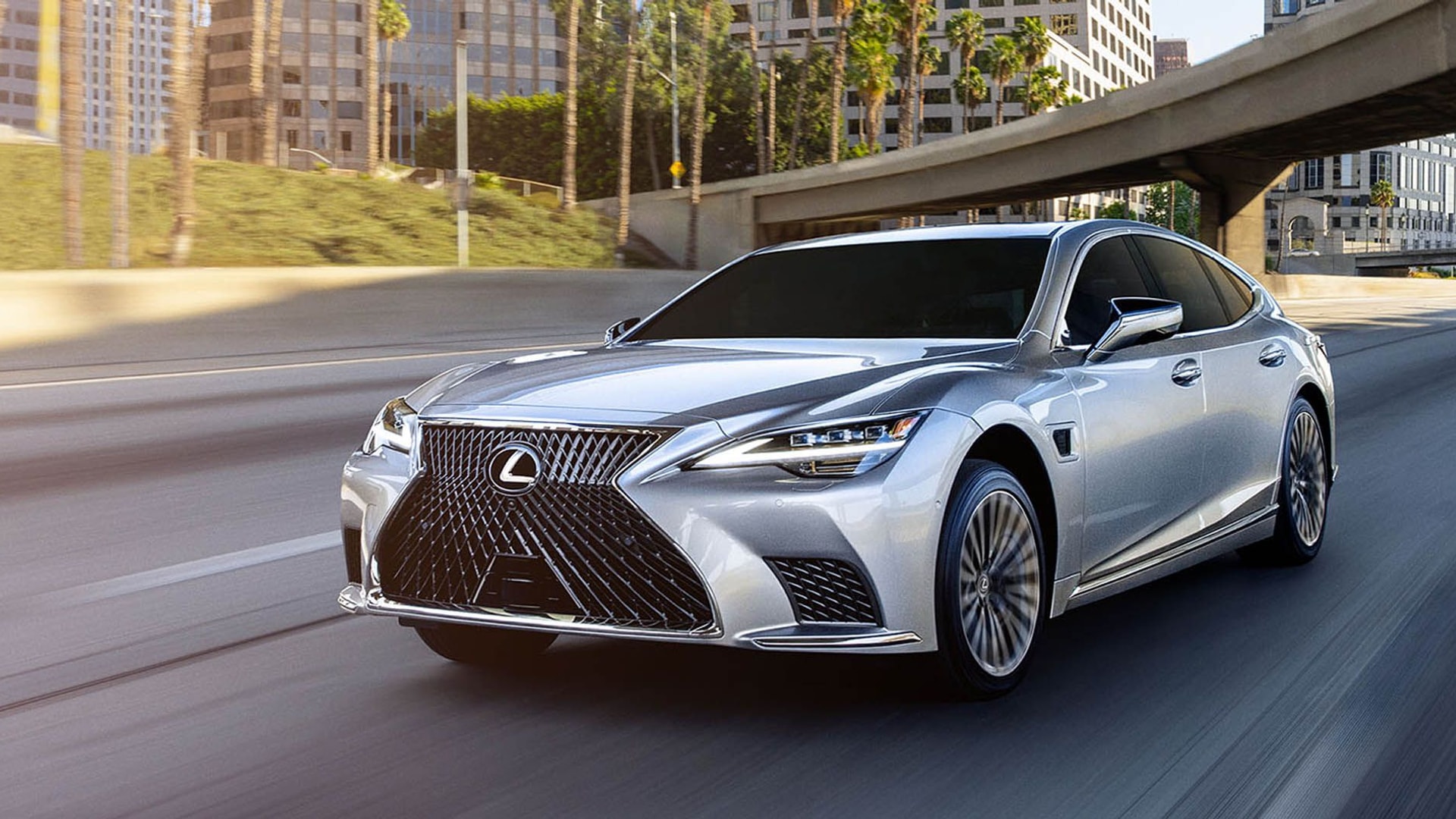BMW is working on a redesign for its 7-Series and has announced that a battery-electric version of the new full-size sedan will be offered.
The announcement was made by BMW Group CEO Oliver Zipse during the automaker's annual general meeting held on Wednesday in Munich, Germany.
He said that the next 7-Series will offer gasoline, diesel, plug-in hybrid and battery-electric powertrains. It will be the first time a BMW model will offer so many powertrain types.

Oliver Zipse
The redesigned 7-Series is expected to debut in 2022 and the electric version, given BMW's current naming strategy for electric cars, will likely be called the i7.
It will be based on the current 7-Series generation's CLAR platform which is flexible enough to support multiple powertrain types. For the electric 7-Series, BMW will use its fifth-generation battery and electric powertrain technology which debuts next year in the iNext mid-size SUV.
The technology supports batteries with up to 120 kilowatt-hours of capacity, or enough for up to 400 miles of range. And the powertrain can deliver as much as 720 horsepower; it's also a modular design combining the electric motor, transmission and power control unit into the same housing.

BMW fifth-generation motor system
Three of these powertrain modules motivated the 5-Series demonstrator BMW unveiled last year; two powered the rear wheels independently, allowing for torque vectoring control, and one powered the front pair. Such a system allows BMW to scale power output and add all-wheel-drive capability for individual models by simply adding or subtracting powertrain modules.
In his speech, Zipse reaffirmed BMW Group's plans to launch 25 electrified models across its brands—BMW, Mini and Rolls-Royce—by 2023. More than half of these will be battery-electric models. The first of these EVs has already arrived in the form of the Mini Cooper S E. The next will be BMW's X3-based iX3 due later this year, though we won't see this model in the United States. The iNext will follow around mid-2021 and then the i4 small sedan toward the end of 2021.
BMW Group expects demand for electrified models to double 2019's levels by as early as 2021, and after this the automaker expects the demand to grow by more than 30 percent per year up to 2025. The automaker has pledged to spend more than 30 billion euros (approximately $33 billion) up to 2025 to support the development of electrified vehicles, though this will mean cutting costs elsewhere. One of the areas where cuts will be made is development of internal-combustion engines.



